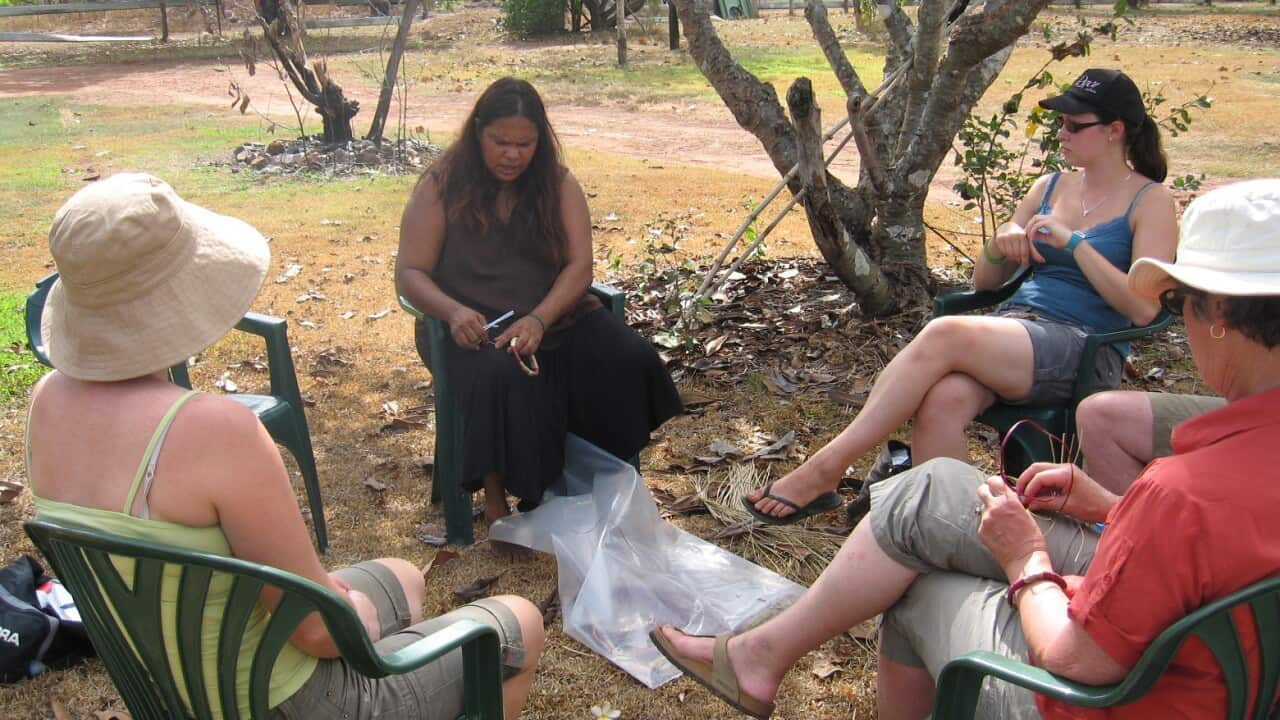Given the , I’ve been keen to see some results from the Australian Bureau of Statistics (ABS). But when preliminary data was released this week, I was met with a stab of disappointment. , along with a video, was centred on what they called the ‘typical’ Australian. The ‘typical’ Australian, it says, is a 38-year-old female, married with two children, with both parents born in Australia.
Was I being too sensitive? My instant reaction, as a 38-year-old divorced female of Cypriot descent, was that I must be a failure: I fall short of what a ‘typical’ Australian was now deemed by the ABS, the statistical agency of the Government of Australia, to be and I am a below average ‘Australian’.
I think this has a lot to do with the fact that I, to this day, find it hard to call myself an Australian even though I was born in Australia. I’ve have always felt (even though it isn’t factually true) that to be called an Australian means you had both parents born in Australia and that your blood is Aussie Blue through and through. Because my parents always saw Cyprus as home and I grew up with that mentality, Cyprus then became home for me, too. I don’t sing the national anthem or wave the national flag because I feel like it is insensitive to the Indigenous people of this land. Lately, though, I have been challenged on this idea when a friend of mine born in Australia to Greek parents told me I should insist on being called an Australian. “You are an Australian,” she said. “Be proud!”
But, as I look at these statistics and examine the image of an average Aussie, I can’t help but feel unAustralian: it’s not for lack of patriotism. The Census data is telling me – in images and text- that I am not a typical member of the national society. I look at this Census media release and video and I wonder if people from culturally diverse backgrounds were consulted about the presentation of this ‘average Aussie’ data. Not only people from diverse backgrounds but also single parents. How will a child of divorced parents read this page? They would think ‘I am not a typical Australian because the government says my mum certainly isn’t a typical Australian’.
My instant reaction, as a 38-year-old divorced female of Cypriot descent, was that I must be a failure: I fall short of what a ‘typical’ Australian was now deemed by the ABS...
The marketing idea and language used to present these preliminary research findings needed to be more mindful of the dialogue, prejudice, discrimination and racism taking place both in the media and behind closed doors. For example, earlier this week in the media we saw headlines ‘’. , the information was more balanced, focusing on how researchers found that obese children were significantly more likely to live in disadvantaged areas. But some mainstream media take one mention of ‘single parents’ and run with it, sensationalising once again that being a single parent is a bad thing. When this happens, the focus moves away from the core problem of how eating good food is really expensive and that people in disadvantaged areas don’t have the access to education around good food and nutrition. Many struggle to find time to invest in it because they are working two jobs and barely able to spend time with the kids because Centerlink puts some single parents on Newstart and cuts us no slack.
Married. Divorced. Male. Female. These are all labels, boxes to be ticked. And I hate them
What is the average or typical Australian anyway? Does it even matter? To be honest, I am not exactly clear on what this information is trying to tell me. Is it saying that according to the population of Australia, the medium demographics of the individual is a 38 year-old female, married with two kids with parents born in Australia? How does this information help me? Or inform me, as a citizen of this country? Or to current conversations that matter to Australia? Once again in research, just like the obesity study, it’s about where you want to put the focus, how you want to present findings. Does it help to know this and what is the consequence of presenting information in this way in terms of the larger conversation going on about race and identity in Australia? I am more concerned about this than statistics. How can our research and statistics instigate change for a better future?
Married. Divorced. Male. Female. These are all labels, boxes to be ticked. And I hate them. We need to move away from things that divide us. I’d rather just be myself and not a typical Australian.
Koraly Dimitriadis is a freelance opinion writer, poet, filmmaker, theatremaker and the author of Love and F**k Poems.
Love the story? Follow the author here: Twitter , Facebook , Instagram:




